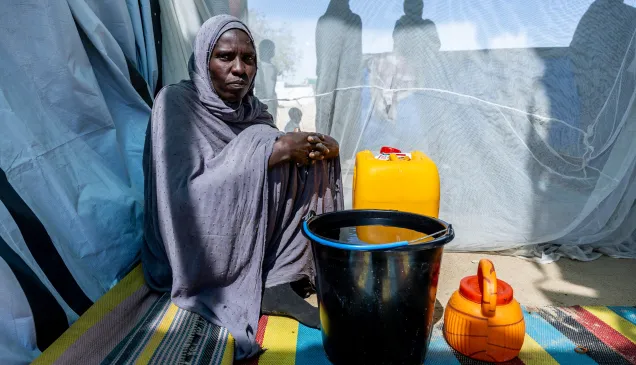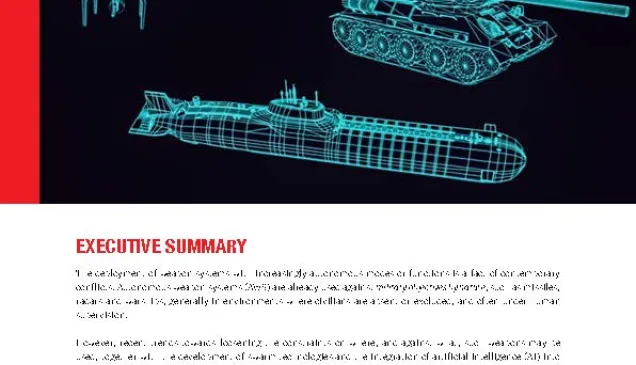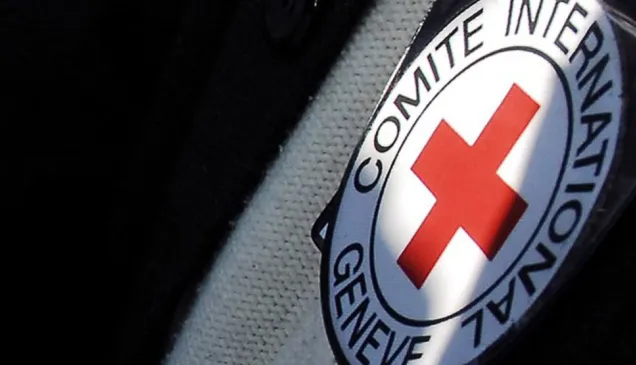The search for ways to improve our collective response has led the World Bank, UNICEF and the ICRC to publish a report. It is based on case studies from the field, as well as inputs from the Arab Countries Water Utilities Association (ACWUA) and multiple water and sanitation service providers.
This report highlights five pernicious problems that are typically experienced by water supply and sanitation (WSS) service providers operating in protracted crises: (1) inadequately governed water resource management; (2) aggressive competition from alternative providers (e.g., tanker trucks) undermining network services run by WSS service providers; (3) the paralysis of high-tech wastewater treatment plants; (4) escalating energy costs of off-grid generation; and (5) the cashflow crunch that occurs as service provider costs jump and revenues fall.
The findings and recommendations hold relevance well beyond the WASH sector and the MENA region, providing general guidance for operationalizing the humanitarian-development nexus, and helping to limit the negative repercussions that would undoubtedly occur with further inaction and complacency.



